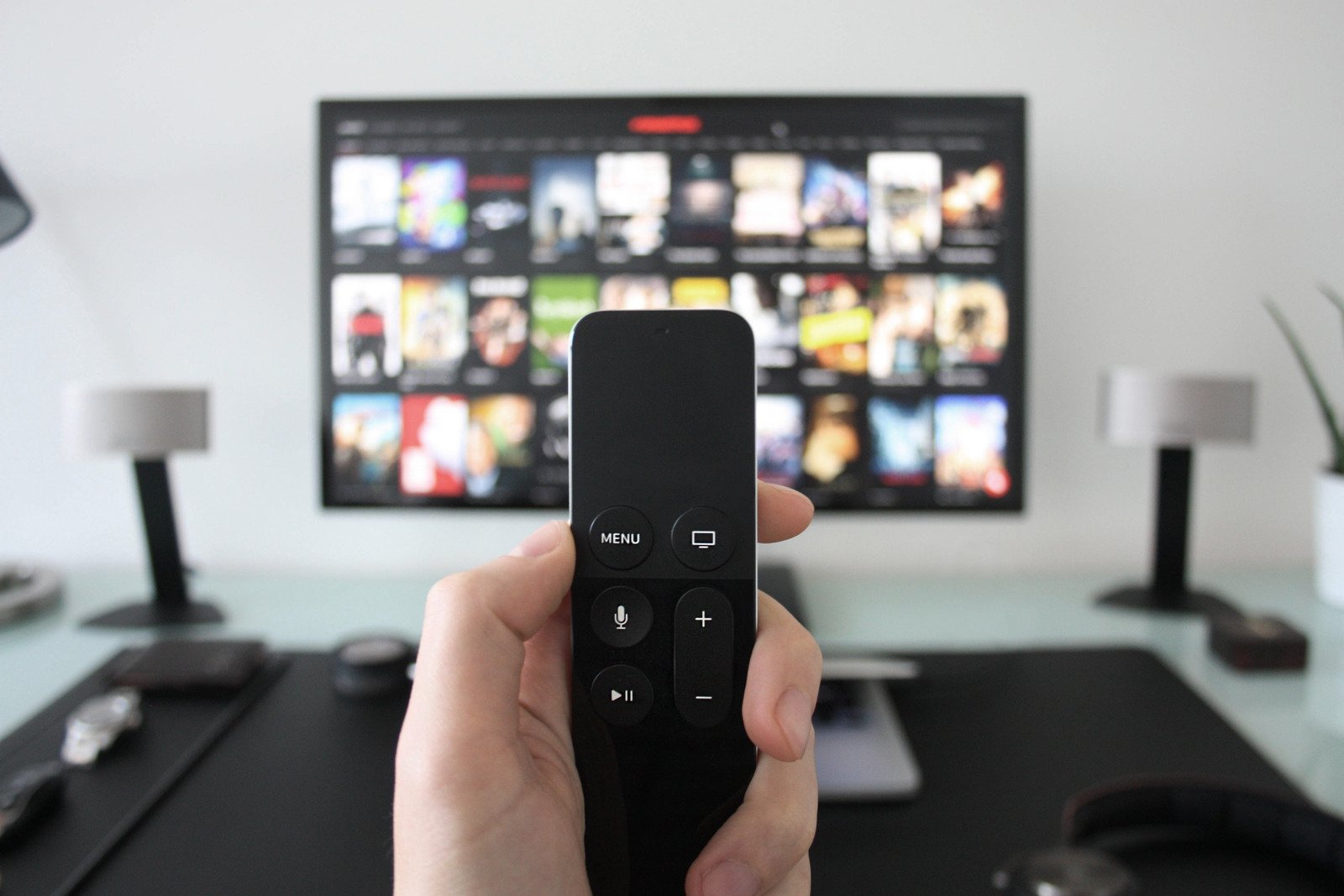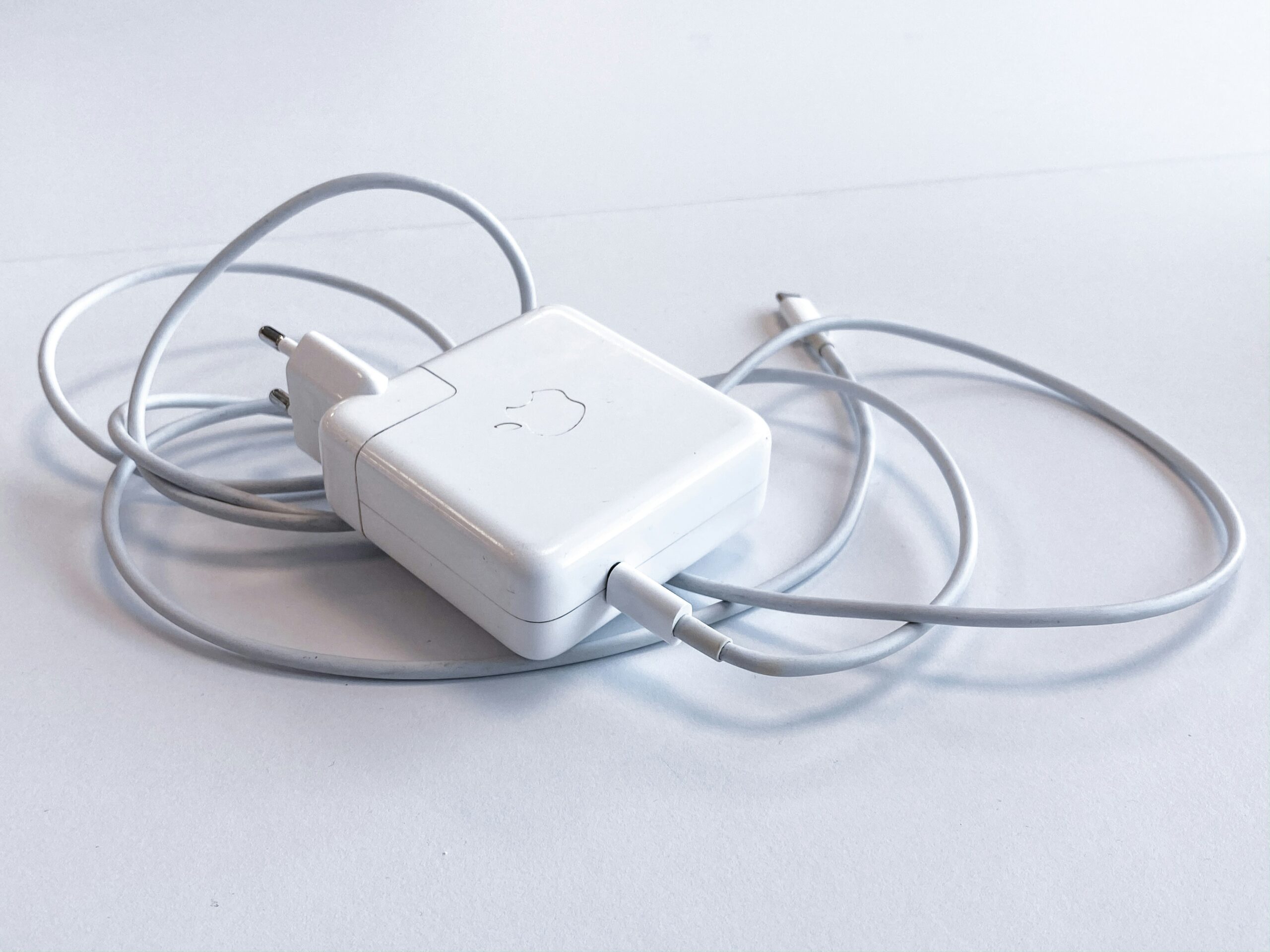Are you at a crossroads between upgrading your trusty PC or splurging on a shiny new laptop? The struggle is real! Before you dive headfirst into decision-making mode, let’s weigh the pros and cons of both options. Whether you’re a tech enthusiast looking to soup up your rig or a mobile warrior seeking portability, this blog post will help you navigate the upgrade versus buy dilemma with ease. Let’s dive in!
Advantages of Upgrading Your PC
Upgrading your PC can breathe new life into your existing setup without breaking the bank. By swapping out components like RAM, storage drives, or even the graphics card, you can boost performance and extend the lifespan of your computer.
One major advantage of upgrading is the ability to customize your PC to suit your specific needs. Whether you’re a gamer craving faster load times or a graphic designer requiring more processing power, upgrading allows you to tailor your system accordingly.
Another perk is that upgrading typically costs less than buying a brand-new laptop with comparable specs. You can prioritize upgrades based on what will give you the biggest performance boost for your budget, making it a cost-effective solution for tech enthusiasts looking to optimize their computing experience.
Disadvantages of Upgrading Your PC
Upgrading your PC can come with its fair share of downsides to consider. One major disadvantage is the cost involved in purchasing individual components. Depending on what you need to upgrade, it might end up being more expensive than buying a new laptop altogether.
Another drawback is the compatibility issues that can arise when upgrading certain parts of your PC. Not all components may work seamlessly together, leading to technical difficulties and potential malfunctions.
Furthermore, the process of upgrading a PC can be time-consuming and complex for those who are not tech-savvy. It often requires research, troubleshooting, and potentially seeking professional help if things go awry.
Moreover, by simply upgrading individual parts of your PC, you might not experience a significant boost in performance compared to investing in a brand-new laptop with updated technology and features.
Benefits of Buying a New Laptop
When it comes to investing in a new laptop, the benefits are plentiful. First and foremost, you get access to the latest technology and advancements in hardware and software. This means faster processing speeds, improved graphics capabilities, and enhanced security features.
A new laptop also offers increased portability compared to a desktop PC. You can take your work or entertainment on the go without being tethered to a desk. Additionally, modern laptops come with longer battery life, allowing you to work or play for extended periods without needing to constantly search for an outlet.
Another advantage of buying a new laptop is the convenience of having everything integrated into one sleek device. With built-in webcams, speakers, and wireless connectivity options, you have all the tools you need in a compact package. Plus, many laptops now come with touchscreens or 2-in-1 convertible designs for added versatility.
Purchasing a new laptop provides efficiency productivity flexibility mobility convenience upgraded experience cutting-edge technology improved performance enhanced features seamless integration endless possibilities
Drawbacks of Buying a New Laptop
When considering buying a new laptop, there are some drawbacks to keep in mind. One of the main concerns is the cost involved – purchasing a brand-new laptop can be quite an investment. Additionally, with constantly evolving technology, your new laptop may become outdated sooner than expected.
Another drawback is the limited upgrade potential that laptops offer compared to desktop PCs. Upgrading components like RAM or storage on a laptop can be more challenging and sometimes impossible without professional help. Furthermore, laptops are generally less customizable than desktops, limiting your ability to tailor it to your specific needs.
Portability comes with a price as well – smaller size often means reduced performance capabilities compared to bulkier desktop counterparts. Battery life may also be shorter on laptops depending on usage habits and configurations.
Considering these drawbacks alongside the benefits of buying a new laptop will help you make an informed decision for your computing needs.
Factors to Consider Before Making a Decision
Before deciding whether to upgrade your PC or buy a new laptop, there are several factors to consider. Assess the current performance of your PC and identify if upgrading certain components will significantly improve its speed and functionality. Consider the cost of upgrading versus buying a new laptop – sometimes investing in a new device can be more cost-effective in the long run.
Next, think about your specific needs and usage patterns. If you require portability and flexibility, a new laptop might be the better option. On the other hand, if you primarily use your computer for heavy tasks like gaming or video editing, upgrading your PC with high-performance components may be more suitable.
Additionally, consider future-proofing your investment. Technology evolves rapidly, so think about how long an upgraded PC or a new laptop will meet your requirements before becoming obsolete. Take into account factors like warranty coverage, customer support services, and potential resale value when making your decision.
Weigh all these factors carefully before making a decision that best aligns with both your budget and computing needs. Whether you choose to upgrade your trusty old PC or invest in a shiny new laptop is up to you – just make sure it’s the right choice for you in the long run!















